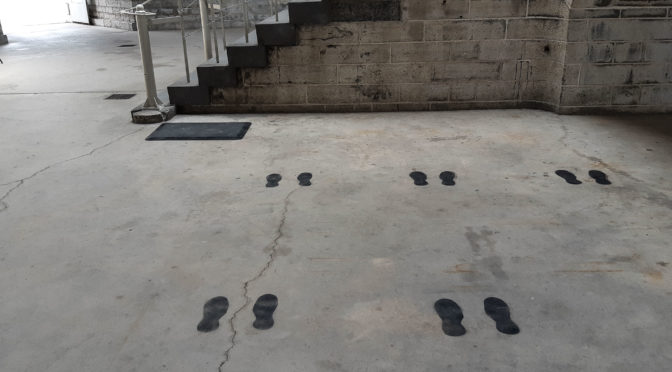I was going to refer to incarceration as the “ultimate” social distancing. But it’s not. Death is the ultimate social distancing. Prison is purgatory, a reduced state between life and not life that, hopefully, ends in a return to some kind of normal.
In the meantime, the Correctional Service of Canada battles Covid-19 outbreaks in their Laval and Joliette, Quebec and Mission, B.C. institutions. Inmates may be distanced from greater society, but they’re vulnerable while living in close quarters during the pandemic.
For the rest of us, staying home and restricting travel due to Covid-19 does not equate to being imprisoned (although we use that language). We chafe at, and suffer from, limitations imposed on our freedom and we beg for a return to normal, whatever that is. It’s an uncomfortable reminder of what we take for granted.
Kingston Penitentiary, a former maximum security prison in Kingston, Ontario, opened in 1834 and closed on September 30, 2013, making it one of the oldest continuously operating prisons in the world.
Riots punctuated its history, with revolts against aging facilities, overcrowding, too much cell time, not enough work, failure of a process for dealing with inmate complaints and requests, a shortage of professional staff, curtailed programming, the intake of lower-risk prisoners to a maximum security prison and corrupt guards.
Revisited in the midst of a pandemic, my images from last summer’s Kingston Pen tour emphasize our human similarities, not our differences.
Assuming adequate food and shelter, there are three things we can’t do without: enduring communion with others, acknowledgement of our personal significance and being able to express our needs and receive an engaged response.
Incarcerated or not, our happiness correlates to personal human contact, useful work and purpose, intellectual engagement, access to nature, and a means for expression of our creative impulses.
Oh, and we need to have hope for the future.


















